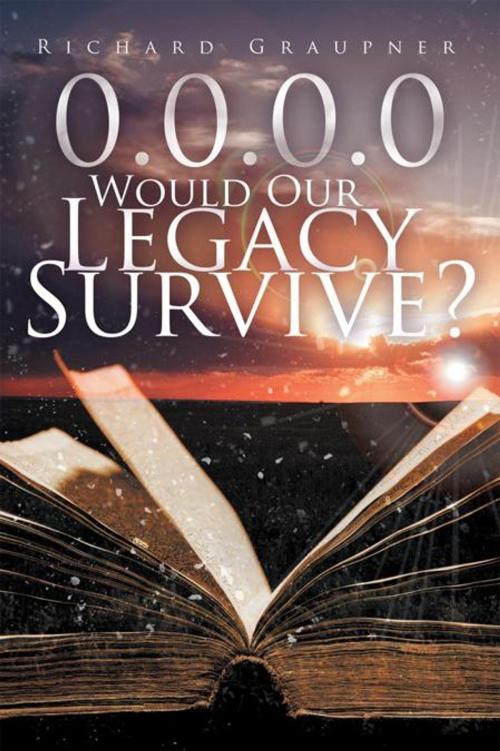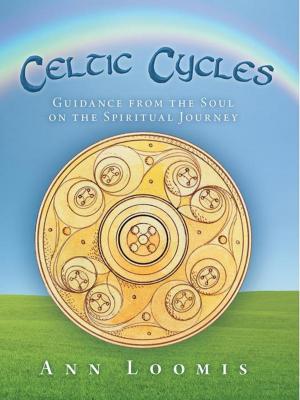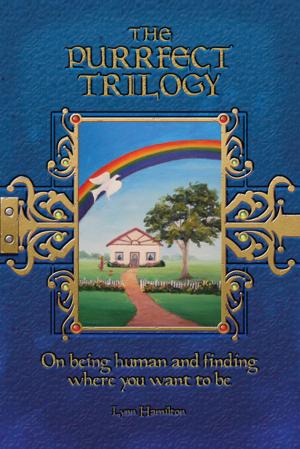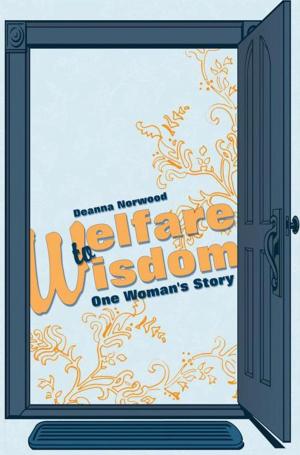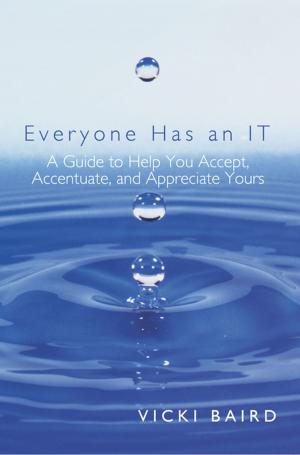| Author: | Richard Graupner | ISBN: | 9781452555485 |
| Publisher: | Balboa Press | Publication: | July 28, 2012 |
| Imprint: | Balboa Press | Language: | English |
| Author: | Richard Graupner |
| ISBN: | 9781452555485 |
| Publisher: | Balboa Press |
| Publication: | July 28, 2012 |
| Imprint: | Balboa Press |
| Language: | English |
The exploration takes us into the realms of a global catastrophe and its aftermath. Through the eyes of a now older woman, we explore her journey through the many challenges, tough decisions, and attacks on mans moral and ethical fibre in the battle for survival in the aftermath. It provokes us to explore many questions, not least of which is how we ourselves might react. If we were to be honest with ourselves, the answers may be startling indeed.
Woven within this journey through time are references to aspects of life today and how, in the eyes of someone in the aftermath, these appear shallow and inconsequential. The alternative viewpoints proposed working with wisdom seemingly lost to us in our current frenetic, cluttered lifestyleswill assist us in improving our free-thinking evaluation of life today.
We explore too how the ancient civilizations and their knowledge simply vanished, providing some insight into this phenomenon. Could this also occur with the global civilization we have currently? Surely not, you might say. It appears, however, that we may be a far more fragile species than we would like to believe with, sadly, a potentially very thin veneer of modern humanitarian practices.
The exploration takes us into the realms of a global catastrophe and its aftermath. Through the eyes of a now older woman, we explore her journey through the many challenges, tough decisions, and attacks on mans moral and ethical fibre in the battle for survival in the aftermath. It provokes us to explore many questions, not least of which is how we ourselves might react. If we were to be honest with ourselves, the answers may be startling indeed.
Woven within this journey through time are references to aspects of life today and how, in the eyes of someone in the aftermath, these appear shallow and inconsequential. The alternative viewpoints proposed working with wisdom seemingly lost to us in our current frenetic, cluttered lifestyleswill assist us in improving our free-thinking evaluation of life today.
We explore too how the ancient civilizations and their knowledge simply vanished, providing some insight into this phenomenon. Could this also occur with the global civilization we have currently? Surely not, you might say. It appears, however, that we may be a far more fragile species than we would like to believe with, sadly, a potentially very thin veneer of modern humanitarian practices.
